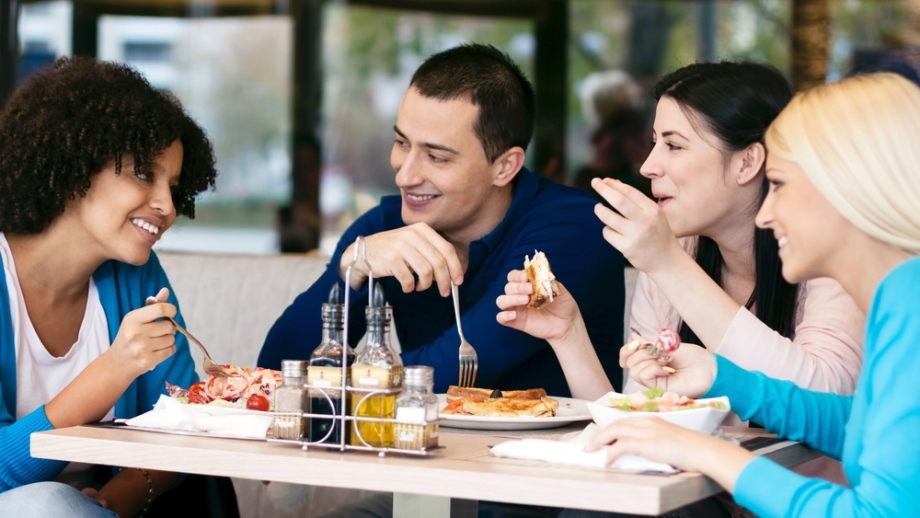
Food can give us immense pleasure, but it can likewise become a source of pain. For instance, when eating is associated with weight gain or fear of consuming contaminants and innutritious food, it can cause emotional distress and sometimes even lead to eating disorders.
Consuming tasty food — which is usually high in fat, sugar, or salt — can be a means to combat boredom, emotional unease, or trauma, and although that can provide a temporary distraction, eating food becomes subconsciously associated with emotional pain.
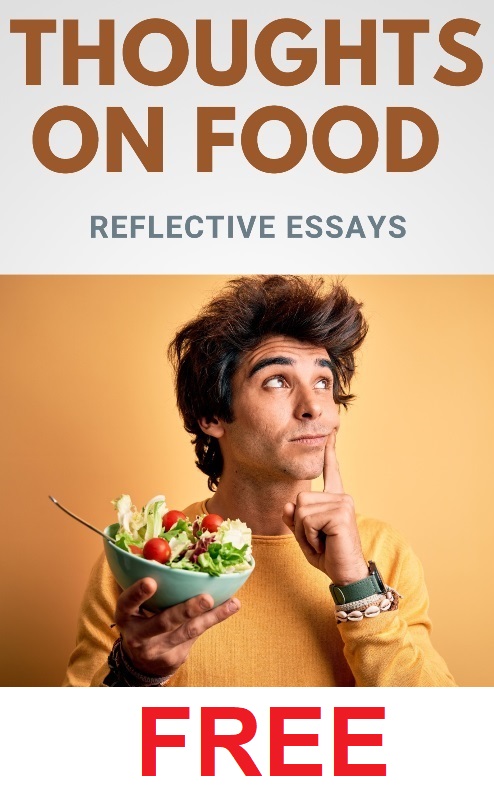
Scarcity of food in certain regions or for certain people because of war, bad harvests, or a lack of financial means can have severe consequences, including creating structural hunger, driving up food prices, and fueling social unrest.
Migrations driven by food scarcity have been common throughout human history. This has led to people leaving their cherished lands behind and moving to other countries and regions, often resulting in conflict or war with the local inhabitants.
Food can also cause physical pain, illness, digestive discomfort, bloating, or inflammation. For instance, this can happen when we are allergic or intolerant to certain foods, when we eat contaminated food, or when we eat too much and too fast.
Putting food on the table has led many of us to do things we don’t like to do or even loathe. For example, we may sell our souls by embarking on and continuing in disliked jobs, live in a country we don’t want to live in, buy cheap, unhealthy food because we have no financial means to do otherwise, or stay in dysfunctional relationships.
We also suffer when illness or a weight-loss diet prevents us from eating the foods we want or like.
Apart from inflicting physical or emotional pains, food is likewise a source of immense pleasure. The clearest example of the link between food and pleasure is the deep pleasure that comes from satisfying a strong hunger.

That is, feeling hungry or having an appetite is a bodily sign to the brain that you need to eat, which is part of our innate survival instinct. When we eat enough food, we not only satisfy our hunger but also fulfill our intrinsic wish to live, both of which provide us with pleasure.
In addition, the smell of food being cooked when you’re hungry, provided you like the specific dish being prepared, is a supplementary form of preliminary pleasure.
The way a dish is served likewise adds to the pleasure element. Meaning that when food is served in a visually pleasing way, the food already “tastes better.” And if the meal consumed actually tastes good, our pleasure is complete.
In fact, tasty food is such a pleasure that it’s consumed even when one isn’t hungry at all. It’s then simply eaten for the pleasure of the taste it has, constituting a moment of pure enjoyment.
Perhaps true or only a myth, but it’s said that the ancient Romans would eat while lying down and vomit between meals, just to make room in the stomach and keep the pleasure of eating going on.
Food can also provide erotic and sexual pleasure. Certain foods, like bananas, carrots, and cucumbers, can be used as sex toys. Other foods, such as whipped cream, jelly, and melted chocolate, are used to be eaten off another person. In addition, some specific foods and herbs are consumed because they are thought to promote sexual libido.
Eating exclusive food gives another kind of pleasure; the pleasure of being able to eat something that’s hard to get or expensive.
Sometimes, there’s also a kind of morbid pleasure connected to consuming food, stemming from the risk of dying. For instance, wild mushrooms pose a risk due to the possibility of poisoning, which — for some people — makes them more attractive. Another example is that of the Japanese fish called Fugu, which can cause sudden death if it’s not prepared in the right way.
Anyway, when food is eaten alone and in calm, it’s not only pleasurable because of the bodily and accompanied emotional needs it satisfies, but also because it brings a moment of rest and relaxation between otherwise often hectic activities.

Consuming food together with others — notably with friends or family — often includes having a social function, which gives its own form of pleasure. It’s pleasure that’s not so much about the actual food that is being consumed, although good and tasty food would add to feelings of pleasure, but rather because of the element of bonding, community, and the affirmation of close relationships.
Enjoying food is also often an indispensable pleasure element accompanying special occasions and festivities such as weddings, commemorations, baptisms, funerals, or birthdays, and the like. Without abundant and tasty food available at such occasions, it’s safe to say that most people wouldn’t enjoy the event.
The need for food is such a basic need that successful harvests, guaranteeing the availability of food for a prolonged period, give immense pleasure. They have traditionally been celebrated lavishly, typically by organizing large and generous food feasts.
Food is like a two-sided coin, connecting pain and pleasure. It’s pleasures — when exaggerated — often become a source of pain. It’s pains, when taken away, become a source of pleasure.
Food is very much as we ourselves are. That’s not surprising because in the end we are simply a food body: from food we come, and to food we will return.

 Find themed health, wellness, and adventure holidays around the world.
Find themed health, wellness, and adventure holidays around the world.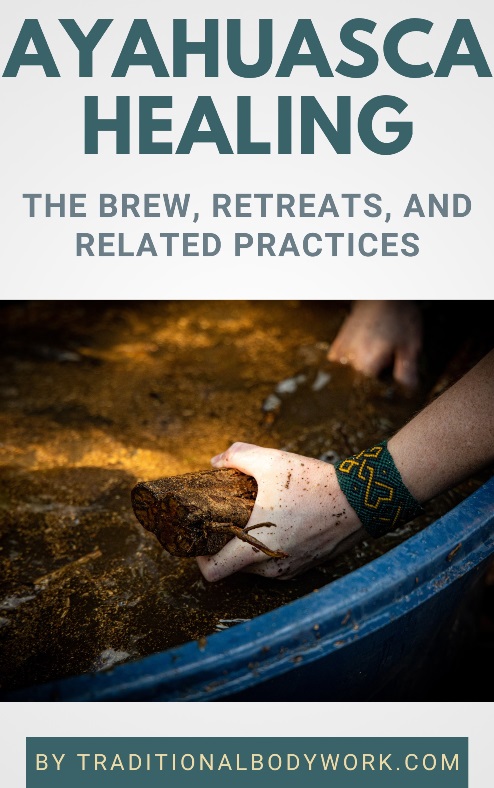




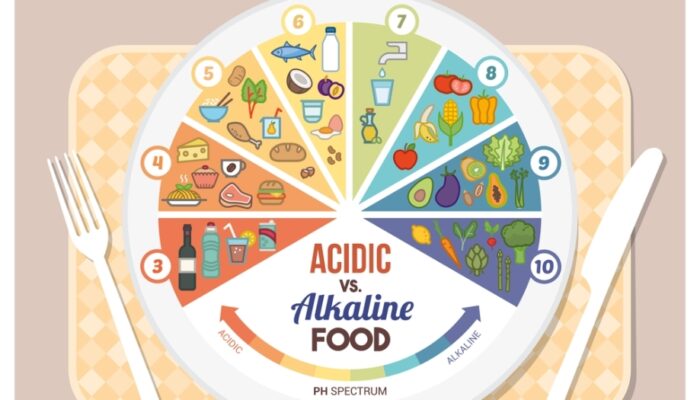




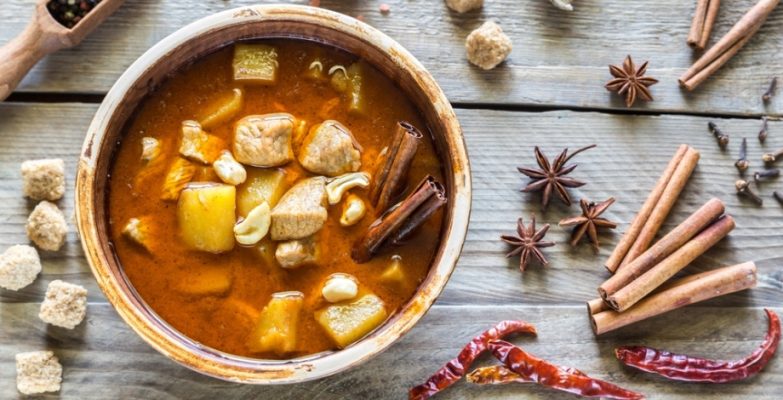
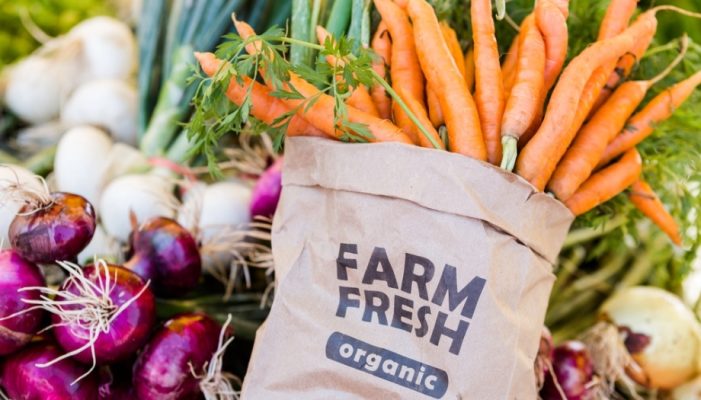

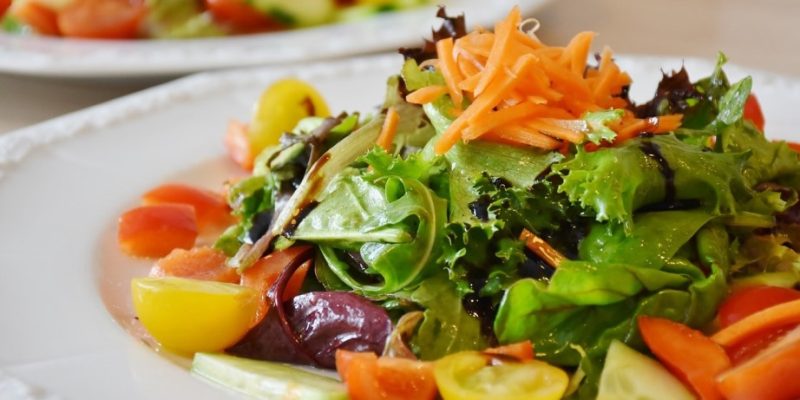

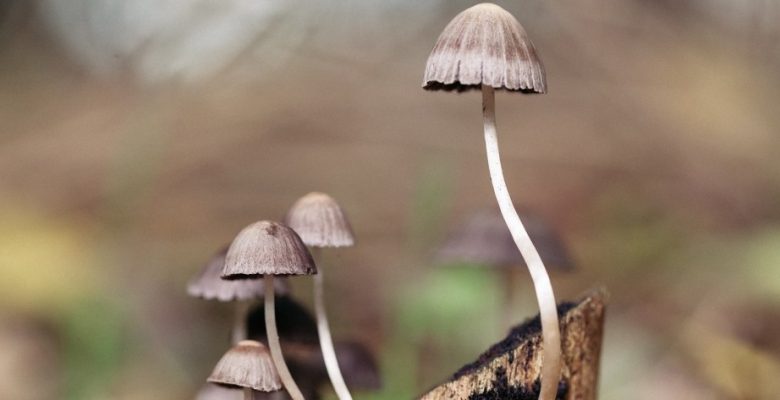

 Find themed health, wellness, and adventure holidays around the world.
Find themed health, wellness, and adventure holidays around the world.